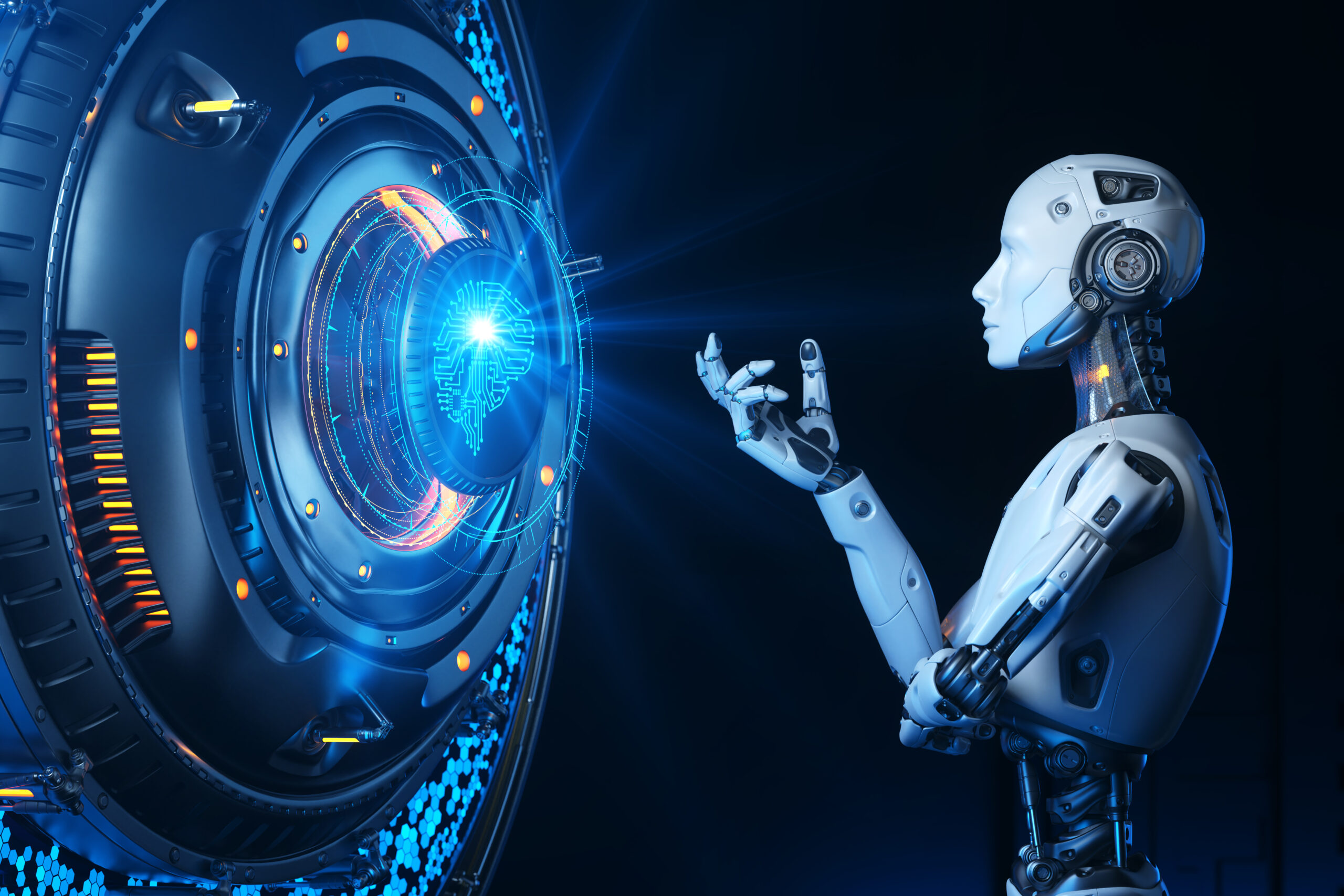Addressing AI Hardware in AI Contracts

AI hardware plays a critical role in the deployment and management of AI solutions, providing the necessary processing power for compute-intensive tasks such as deep learning. In AI contracts, it is essential to clearly define AI hardware to ensure proper allocation of intellectual property rights, responsibilities, and operational considerations. This article will discuss the importance of AI hardware in AI contracts and provide insights into managing its ownership and usage.
Defining AI Hardware
AI hardware refers to dedicated, specialized hardware for AI, often used for compute-intensive deep learning purposes. This can include specialized processors, GPUs, and other components designed specifically to accelerate AI workloads.
AI hardware can be owned by the customer, the vendor, or third parties, and its deployment and management can be critical to the success of an AI project.
Managing AI Hardware Ownership and Usage in AI Contracts
Define the AI hardware
The AI contract should clearly define the AI hardware being used in the AI solution, including the type, model, and specifications of the hardware. This helps ensure that both parties have a clear understanding of the hardware requirements and capabilities for the AI project.
Determine ownership and responsibility
The AI contract should clearly state the ownership of the AI hardware and allocate responsibilities for managing and maintaining it. This may include specifying who is responsible for purchasing, installing, and configuring the hardware, as well as who will handle ongoing maintenance, updates, and support.
Define usage rights and restrictions
The AI contract should outline the rights and restrictions for using the AI hardware. This may include the customer’s right to use the hardware for specific purposes, the vendor’s right to provide support or maintenance services, or limitations on the hardware’s use to protect proprietary information or trade secrets.
Address updates and upgrades
AI hardware technology can evolve rapidly, and the AI contract should address how updates and upgrades to the hardware will be handled. This may include provisions for upgrading hardware to meet changing performance requirements or incorporating new technologies, as well as any changes to ownership, usage rights, or restrictions that may result from such updates or upgrades.
Addressing AI hardware in AI contracts is crucial for protecting the interests of both parties involved. By defining the AI hardware, determining ownership and responsibility, outlining usage rights and restrictions, and addressing updates and upgrades, companies can ensure proper allocation of intellectual property rights and protect their interests as the law struggles to keep pace with technology innovation.















